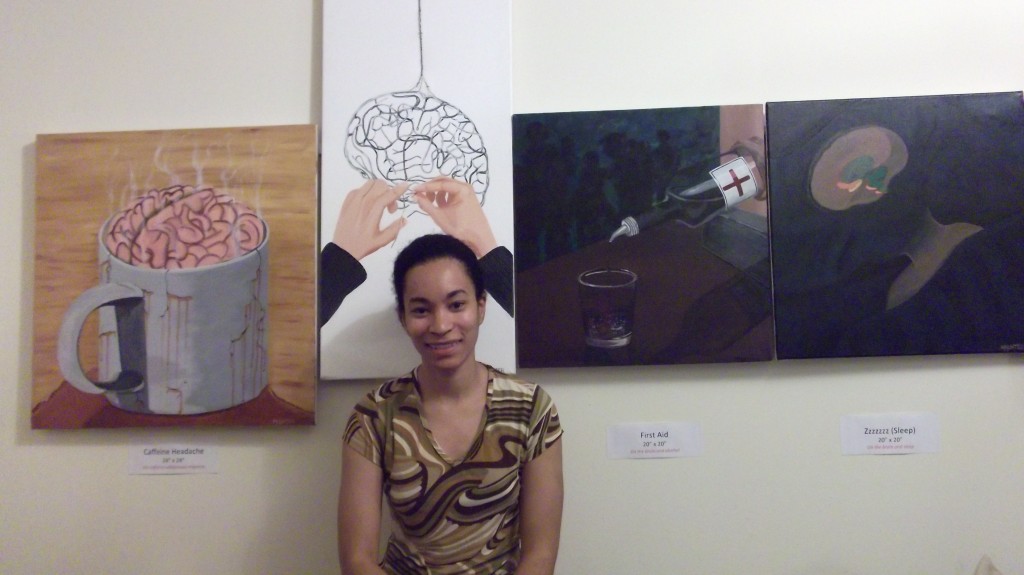You’re smack in the middle of the invention process now. You’ve learnt to pick apart and examine the problems, become a Google-fu master, and now you’re ready to crack your knuckles and get into the meat of the work. It’s time to pick up your crayons and construction paper and get to work. OK, fine, get …

